I experienced my Lent experiment in Albania.
Let’s take a step back: what is the Lent experiment? It is an experiment, first of all, that the second year novices undertake. It starts a few days after Ash Wednesday and ends a few days after Easter. The Novice Master sends us, alone or in pairs, to different Jesuit communities of the EUM Province. The goal is to get to know and be involved in the apostolic work of a Jesuit community. We could say a lot on this point, but I will stop here because the aim of this article is to go elsewhere.
I, together with another novice, was sent to get to know the two communities of Scutari and Tirana. I will not describe the whole experience, which would require much more than an article. I will focus on a particular weekend. I went, with the Spanish Jesuit father living in the Scutari community, to Tropojë, a region in northern Albania. An adventure “at the ends of the earth!” as the father would exclaim.
We left home at six in the morning. We took a small bus, a fifteen-seat van the kind of which is well known to whoever has been there. We took a road full of curves, which gave us some small nuisance. We arrived in Koman and from there we boarded a ferry. The journey on the Drin river lasted two and a half hours. Wonderful! We were in the heart of Albania, yet we seemed to be cruising in the Norwegian fjords. A beautiful sun shone above. Two high walls of hills and mountains were pressing in on the waters that cradled the ferry gently. But beauty was not my joy’s only companion . So was the reason we were going there: once a month the Jesuit father goes to that region to celebrate Mass and confess. I went there to meet that Jesus who takes care of people inhabiting three small villages, each made up of a few families, and taking part in that care that He operates. We went to meet the fragments of desire for the Absolute scattered in simple lives and the work of that same Absolute in those lives.
Having disembarked, we were greeted by three nuns, who have a small house to host guests. A Philippine, an Italian, an Albanian. Three women in a region of Albania difficult to reach. They were a testimony. Their apostolic work is impressive. As I mentioned, there are three small villages with three small churches. There is no parish priest who lives there. They are there to listen to and be with the locals. Every Sunday they administer the liturgy of the Word and distribute the Eucharist. They catechize children. They act as nurses. One of them is a psychologist and even plays the guitar. Crucified there, in a corner of an enchanting and lost world, they were an image of dedication. Crucified there, to support the faith of simple women and men and youth, almost entirely on their own as Atlas who alone holds up the world. And they hold up with serenity and joy, despite the various difficulties.
I learned, visiting that place, a small lesson that I had already been studying for a while. It was proposed to me the first time by a Jesuit father, and since then it returns to my mind from time to time. I go to serve, to do something for others, but in the end I find that others do something for me, those very same others that I go to help. And they do this by giving me the chance to experience a new feature of the face of Christ.
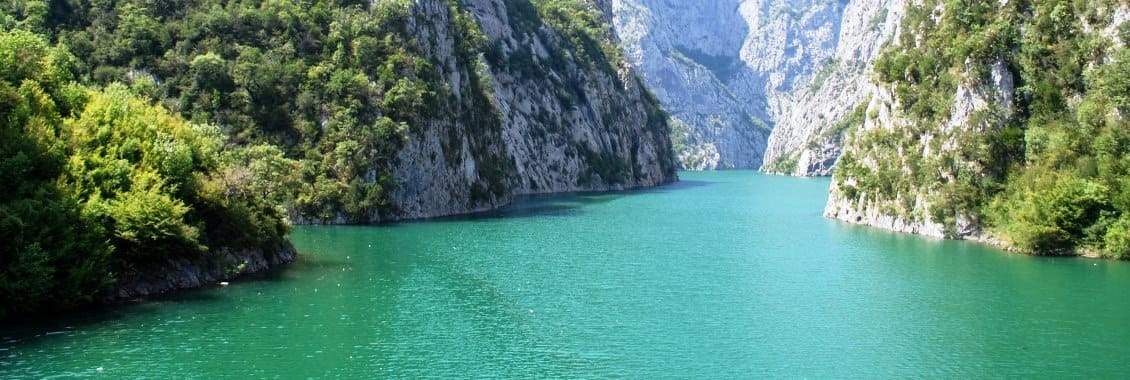
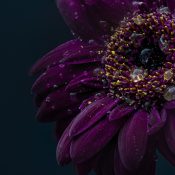
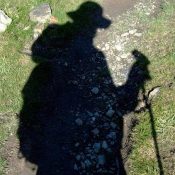
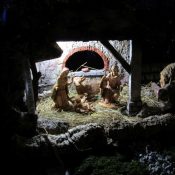
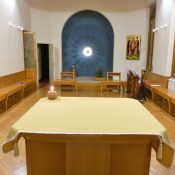
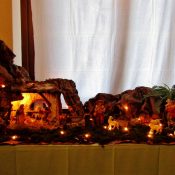
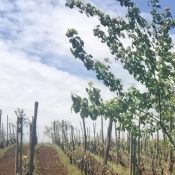
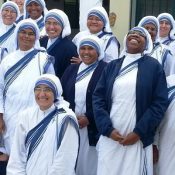
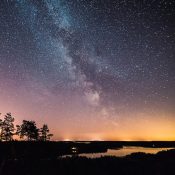
Comments